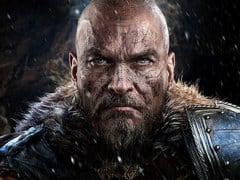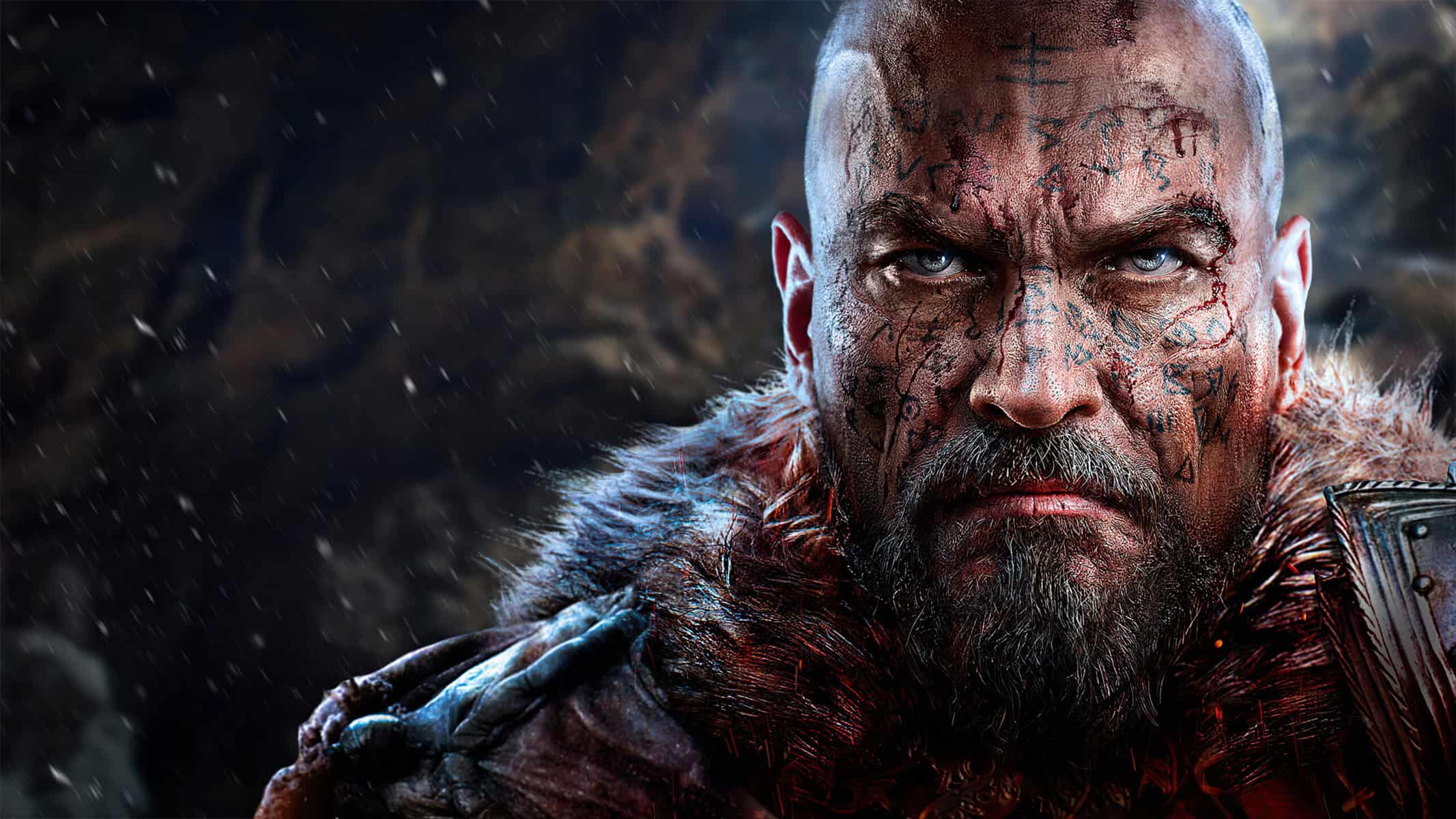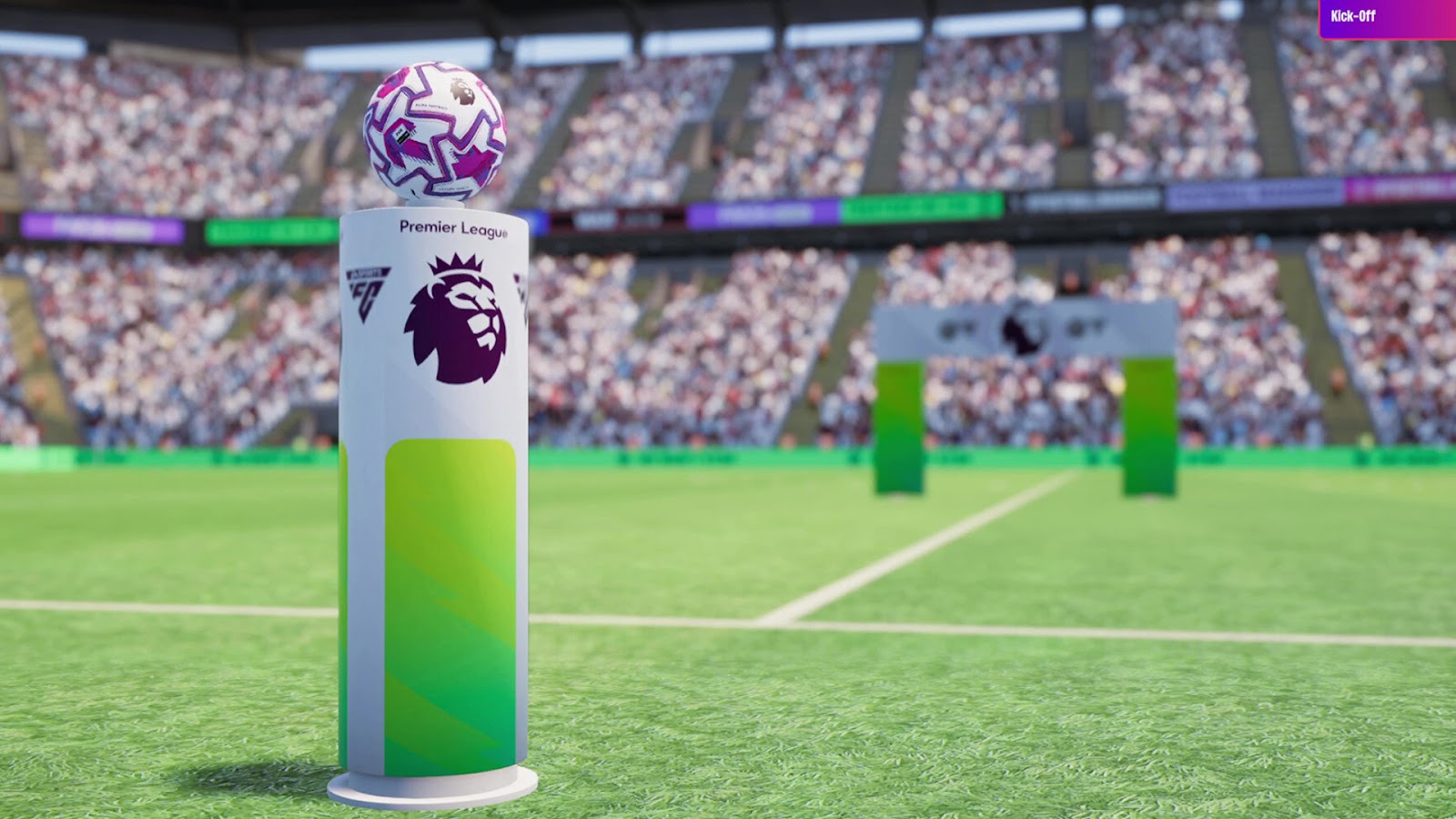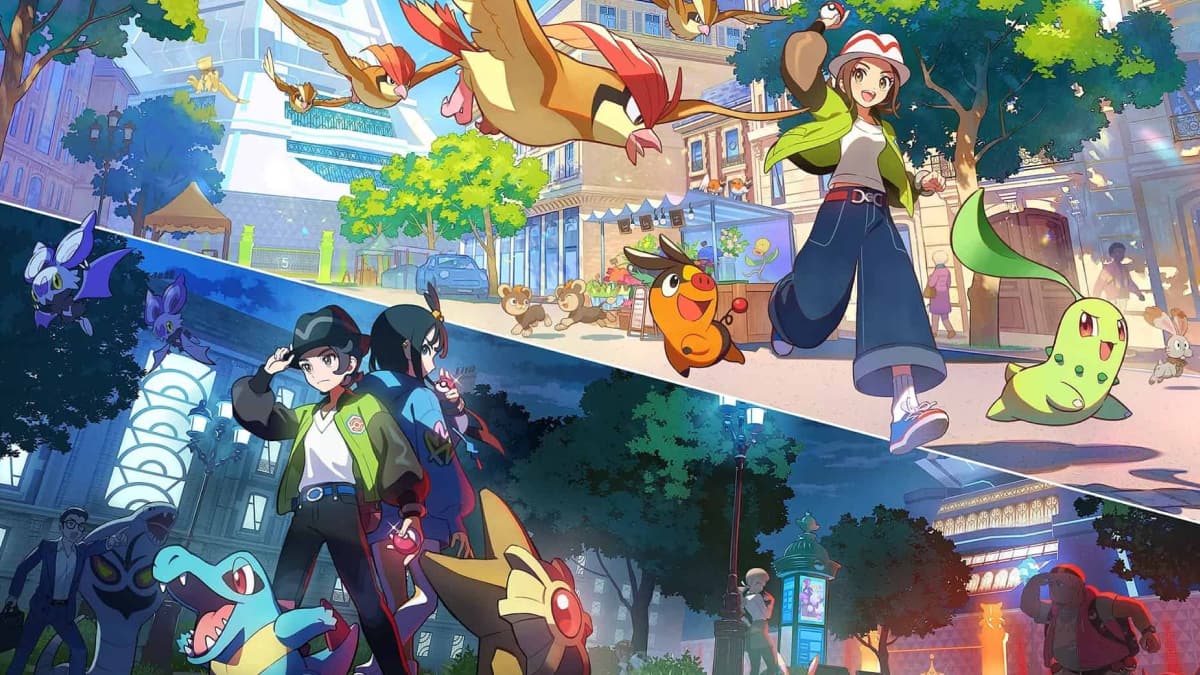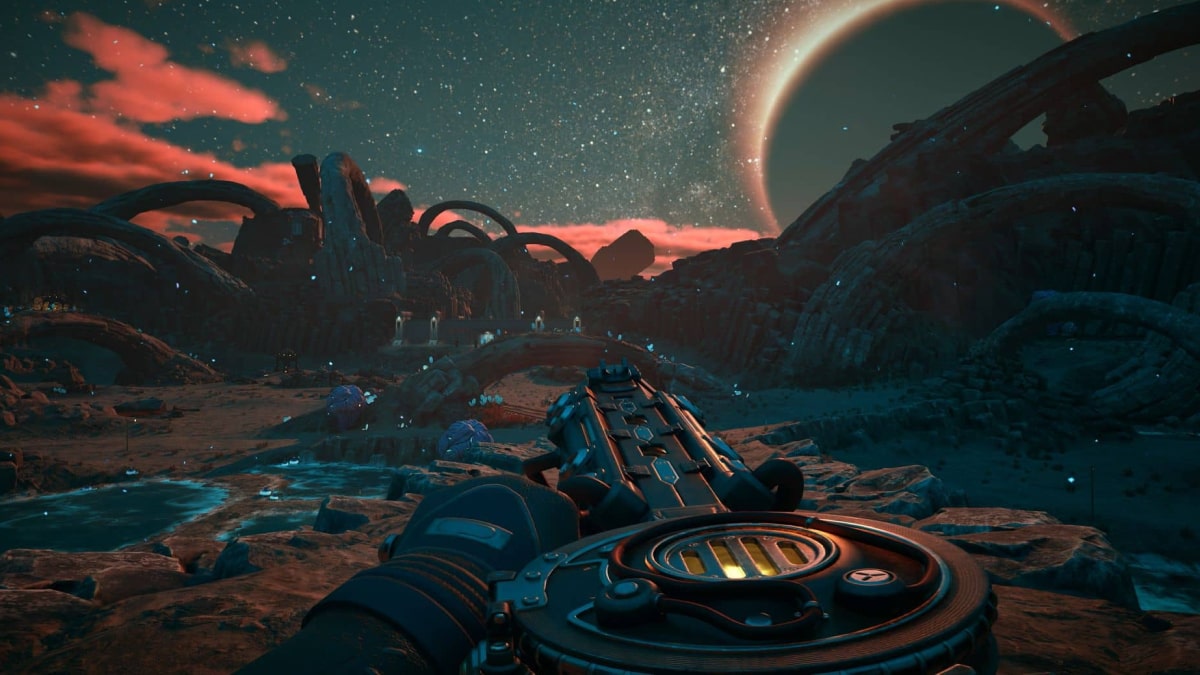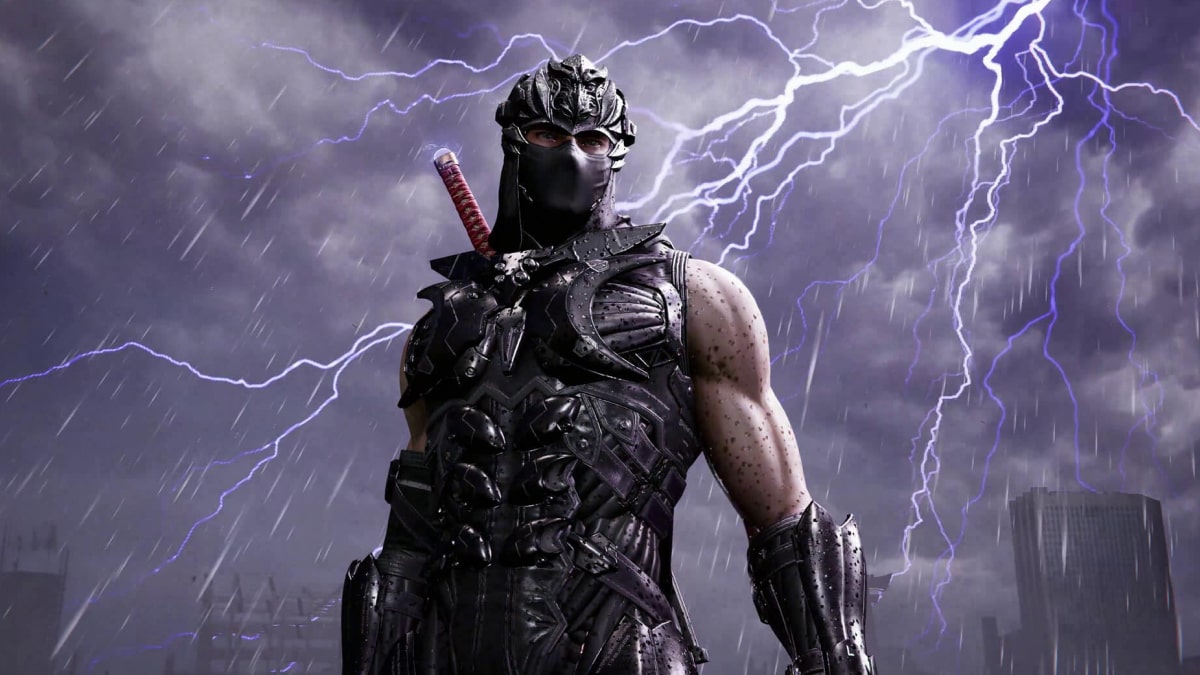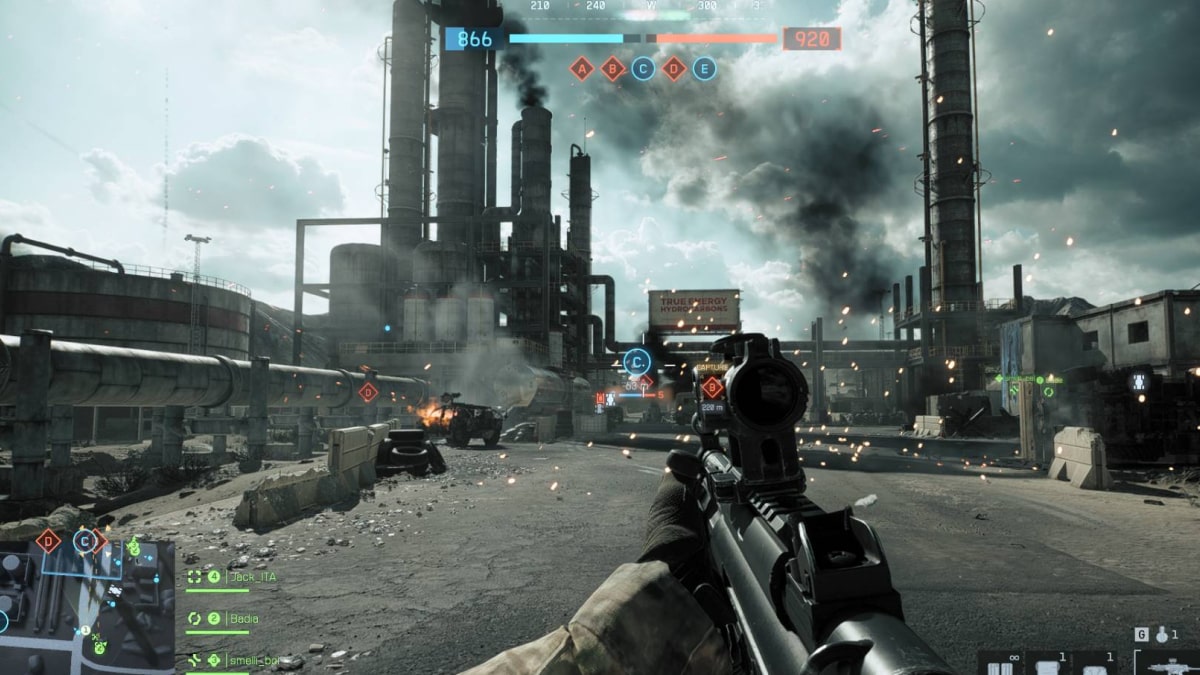You can trust VideoGamer. Our team of gaming experts spend hours testing and reviewing the latest games, to ensure you're reading the most comprehensive guide possible. Rest assured, all imagery and advice is unique and original. Check out how we test and review games here
Often described pre-release as Dark Souls-lite, Lords of the Fallen doesn’t do much to dissuade players of that notion. Its narrative is presented in a much more linear fashion, but the game can’t disguise its inspirations.
Where Lords of the Fallen and the Souls games fundamentally differ, however, is that while From’s titles are lauded for their rock-solid mechanical presentation and consistency, Deck13’s game is markedly inconsistent. It can be incredibly challenging but also impossibly easy. It can hold your hand a bit too much, but devolve into a frustrating labyrinth. While it is enjoyable at times, Lords lacks the finesse and intensity of its rivals.
Nowhere is this illustrated better than in combat. Harkyn, the game’s protagonist, controls like Rocky Balboa in the 15th round. The developers say that the combat’s pacing is a deliberate choice, but that doesn’t make it any less cumbersome. Fights can be so slow they border on turn-based, lacking the thrill of other entries in the genre like the aforementioned Souls series or even Kingdoms of Amalur. That said, there are times where this more measured approach can create strategy-intensive situations where you have to outfox an opponent, waiting for that crucial mistake. The issue is that it just doesn’t happen often enough. The limitations of the combat mechanics mean battles are often one-versus-one, with only on the rare occasion you’ll need to juggle multiple opponents. (As long as you don’t wander around clumsily activating several enemies at once, that is.)
Despite the jarring nature of encounters, the varied enemy types mask the issues slightly. You’ll be learning the combos and systems of new foes throughout the majority of your time in the world. They represent variations on a theme: archers, sword and shield carriers, fencers, spiders and so on, but do enough to keep you guessing.
While there are a plethora of weapons available, only a few types offer a tangible benefit in a fight. Thanks to the slow attack speeds, sticking to quick weapons is the best option as it’s difficult to counter enemy mistakes or staggers with a swing of a club or greatsword. Enemies will quickly regain their composure and raise their shields or even hit back before you’re mid-swing. This proves more of a frustration than a hindrance, as most enemies can be dispatched with relative ease, but lapses in concentration will lead to a quick downfall. Naturally, bosses are where the biggest challenge lies, requiring both time and focus to overcome.
A risk/reward system means that players can earn XP and a multiplier for every enemy they kill, which is reset once they use a checkpoint terminal to spend any accrued points to level up. Oddly, however, these checkpoints can also be used to refuel health and potions without entering the XP menu, which doesn’t reset the multiplier, massively negating the element of risk involved.
The greatest difficulty in Lords is largely found in its obscurity. The game’s conclusion (no spoilers) tells you of the choices you made throughout your playthrough, and whether or not you chose to complete or ‘ignore’ sidequests. The trouble is that it’s often incredibly difficult to locate these missions because the game does little to nothing to guide you towards them. If you’re a completionist, you’ll probably want to consult a guide or wiki, as there’s no in-game map or sidequest tracker. Trying to understand the purpose of your collection of quest items can be more difficult than any fight, especially when said items look the same as any other before you pick them up. It’s a strange decision to hide in-game content behind prolonged exploration with no waypointing or map, and comes across as a poor attempt at padding the main game.
It’s a good job then that, for all the time you’ll be trudging through them, the environments are often very well presented and wonderfully detailed. Watching light stream through the stained glass windows of a cathedral or snow fall across a bridge certainly tempts you to take a spin and absorb the scenery. But the locations themselves are distinct, the areas within can often be confused for one another. It’s easy to get lost in the corridors of the Citadel or the caves of the Catacombs as each path is almost identical to the previous one.
It should be noted that in our time with the game, both on PC and PS4, we encountered several bugs and glitches. Enemies flying into the air upon their demise, bosses glitching behind walls as they regenerate health, frame rate drops and complete game crashes. The PC build suffered with problems frequently, though the issues which affected game progress happened less often.
While Lords of the Fallen can be fun in spells, its inconsistency, poor pacing and muddied conveyance mean it stands in the shadows of its competitors. It’s a shame, as there is an interesting world and setup here, and the game certainly gets stronger towards its conclusion, but it just never quite reaches the heights of what else is on offer.
Version tested: PC
Second Opinion – Tom Orry, Editorial Director
I’m not the biggest Dark Souls fan, so I was kind of hoping Lords of the Fallen was going to feel closer to something like Darksiders. It doesn’t. To my untrained eye (I played Dark Souls for about 10 hours back on release) this is very much in that mold. You struggle through encounters initially before finding your feet, only for things to take a turn for the tough again. If anything, Lords of the Fallen’s slow battles make the frequent death even more frustrating.
While I grew to enjoy the combat against the game’s general foes (although player laziness will result in a quick death), the boss battles often proved too frustrating. One game-crashing bug made me see red, as I was moments from defeating a boss that had proved rather tricky to topple. This is a game that you’ll likely hit a brick wall in, and then question whether it’s worth the effort to make progress. Had I not been playing for work, I doubt I’d have bothered.
On PS4 Lords of the Fallen does feel a few patches away from its best. For one, the frame rate isn’t nearly as high as it needs to be, frequently falling below 30, and there’s a lot of glitching and the aforementioned crash. Visually it’s mixed, at times looking rather spectacular thanks to some pretty lighting, but also very rough around the edges. Texture work is lower quality than we’ve come to expect on new-gen consoles, and this shows up some low-poly environmental details.
I know a million people will say this is nothing like Dark Souls. I agree, and Dark Souls is a better game, but they both offer a similar experience. Sluggish and unforgiving, in my opinion, isn’t a good combination. If you didn’t enjoy Dark Souls I can’t see this being for you either.
Lords of the Fallen
- Platform(s): Android, iOS, PC, PlayStation 4, Xbox One
- Genre(s): Action, RPG
